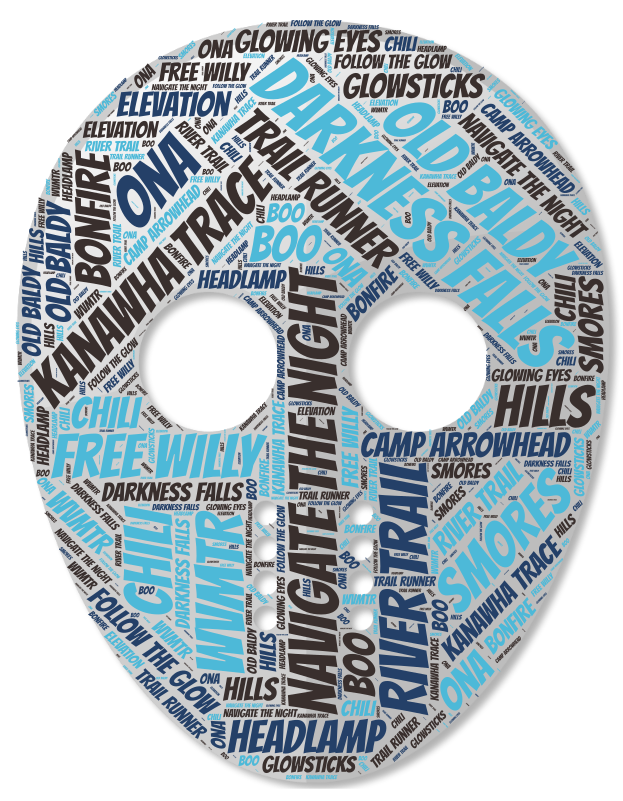
Busch’s average finish in the next eight races was 24.4. After that, however, he produced a run of eight top-10 results in nine races to soar to second in the standings to Chase Elliott.
ANOTHER WORD FOR RUNNING A RACE SERIES
Kyle Busch was 11 th in the NASCAR Cup Series standings after finishing 28 th at Circuit of the Americas in the sixth race of the season. Kyle Busch is in a rut as the regular season winds down Kyle Busch waits on the grid during practice for the NASCAR Camping World Truck Series Worldwide Express 250 for Carrier Appreciation at Richmond Raceway on Aug.

ANOTHER WORD FOR RUNNING A RACE DRIVERS
And it was so good that we envision fellow drivers casually dropping it into interviews of their own for years to come. Even if you despise Kyle Busch, you must concede the two-time NASCAR Cup Series champion hasn’t given a dull television interview since the Bush Administration.Īfter watching Kevin Harvick tie him for the Cup Series lead in victories (60) among active drivers, Busch coined a new word. “Voluntary exercise is the single best thing one can do to slow the cognitive decline that accompanies normal aging,” says Linden.Let’s be honest here. Other mental benefits include:īy making running or jogging (or any aerobic exercise) a regular part of your routine, you stand to earn more than just physical gains over time. What’s more, the hippocampus - the part of the brain associated with memory and learning - has been found to increase in volume in the brains of regular exercisers. “It blunts the brain’s response to physical and emotional stress.” “Exercise has a dramatic antidepressive effect,” says Linden. Exercise may also produce new brain cells in certain locations through a process called neurogenesis, which may lead to an overall improvement in brain performance and prevent cognitive decline. The mental benefits don’t stop when you finish your run - regular cardiovascular exercise can spark growth of new blood vessels to nourish the brain. Unlike endorphins, endocannabinoids can move easily through the cellular barrier separating the bloodstream from the brain, where these mood-improving neuromodulators promote short-term psychoactive effects such as reduced anxiety and feelings of calm. That relaxed post-run feeling may instead be due to endocannabinoids - biochemical substances similar to cannabis but naturally produced by the body.Įxercise increases the levels of endocannabinoids in the bloodstream, Linden explains. Research shows that endorphins do not pass the blood-brain barrier. “Indeed, many distance runners feel merely drained or even nauseated at the end of a long race, not blissful,” says Linden.Īnd though endorphins help prevent muscles from feeling pain, it is unlikely that endorphins in the blood contribute to a euphoric feeling, or any mood change at all. Surveys have revealed runner’s high to be rather rare, however, with a majority of athletes never experiencing it.

Popular culture identifies these as the chemicals behind “runner’s high,” a short-lasting, deeply euphoric state following intense exercise. When you start out on your run, your body goes through a transition: Your breathing may become heavy, and you might notice your pulse quicken as the heart pumps harder to move oxygenated blood to your muscles and brain.Īs you hit your stride, your body releases hormones called endorphins. What Happens to Your Body - and Brain - During a Run


 0 kommentar(er)
0 kommentar(er)
